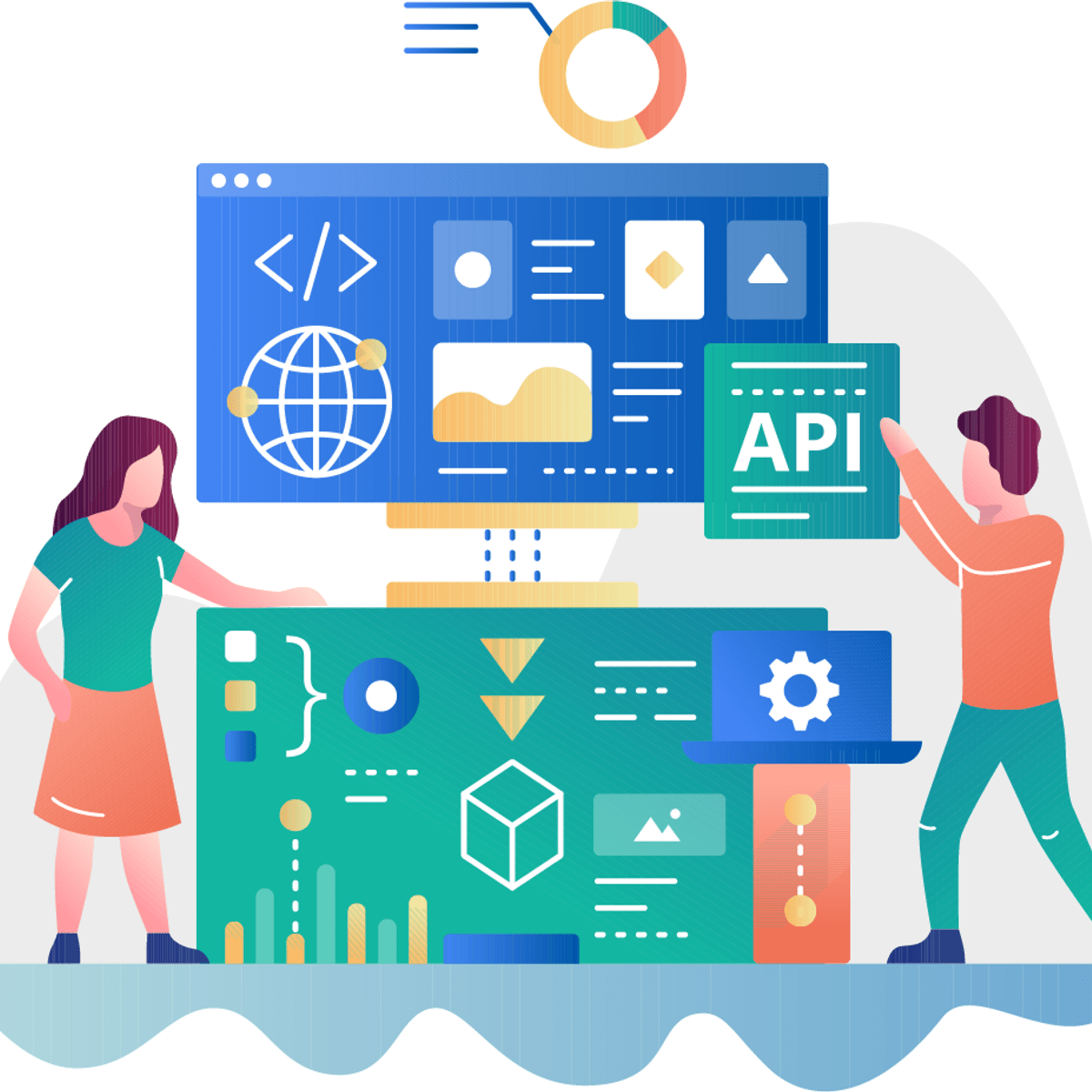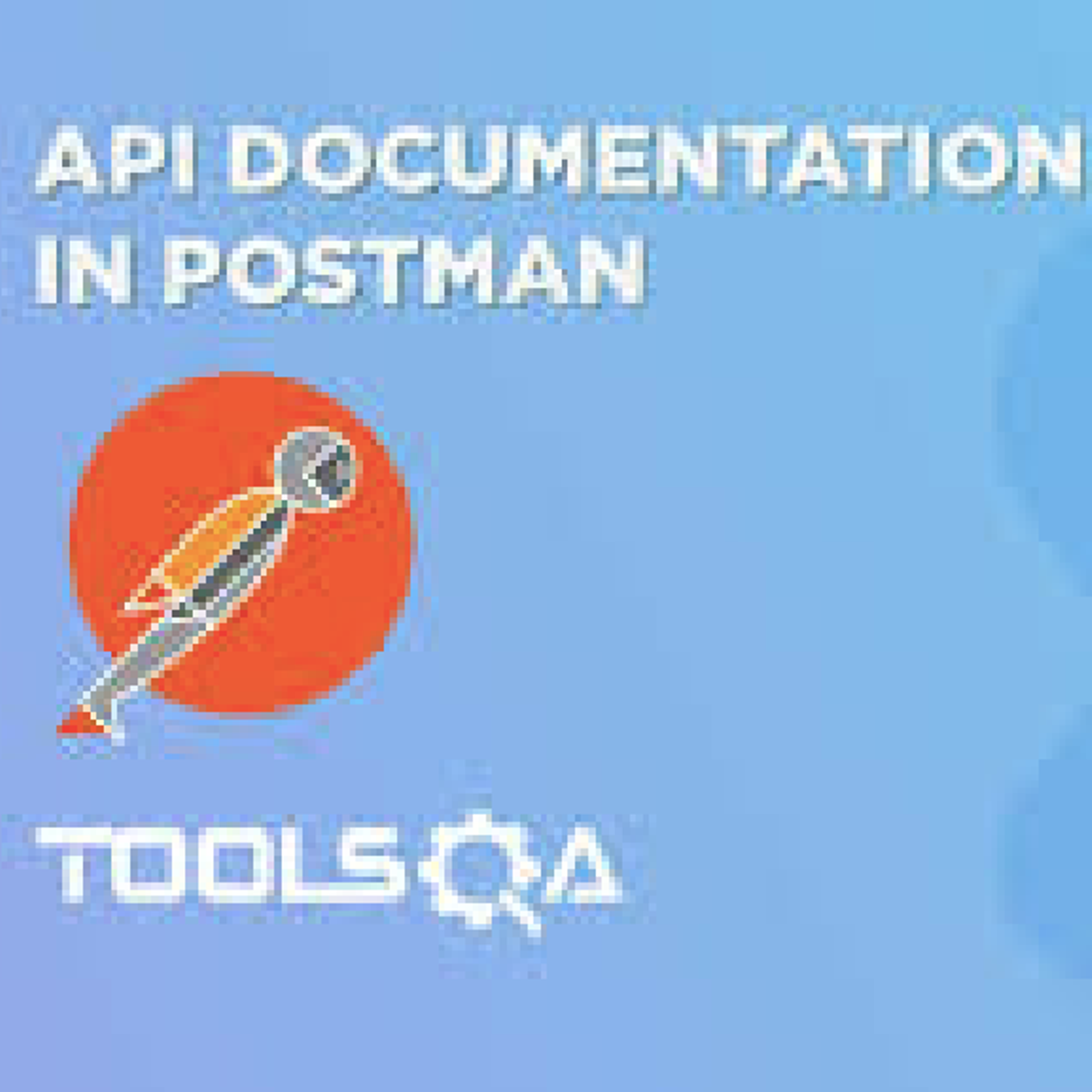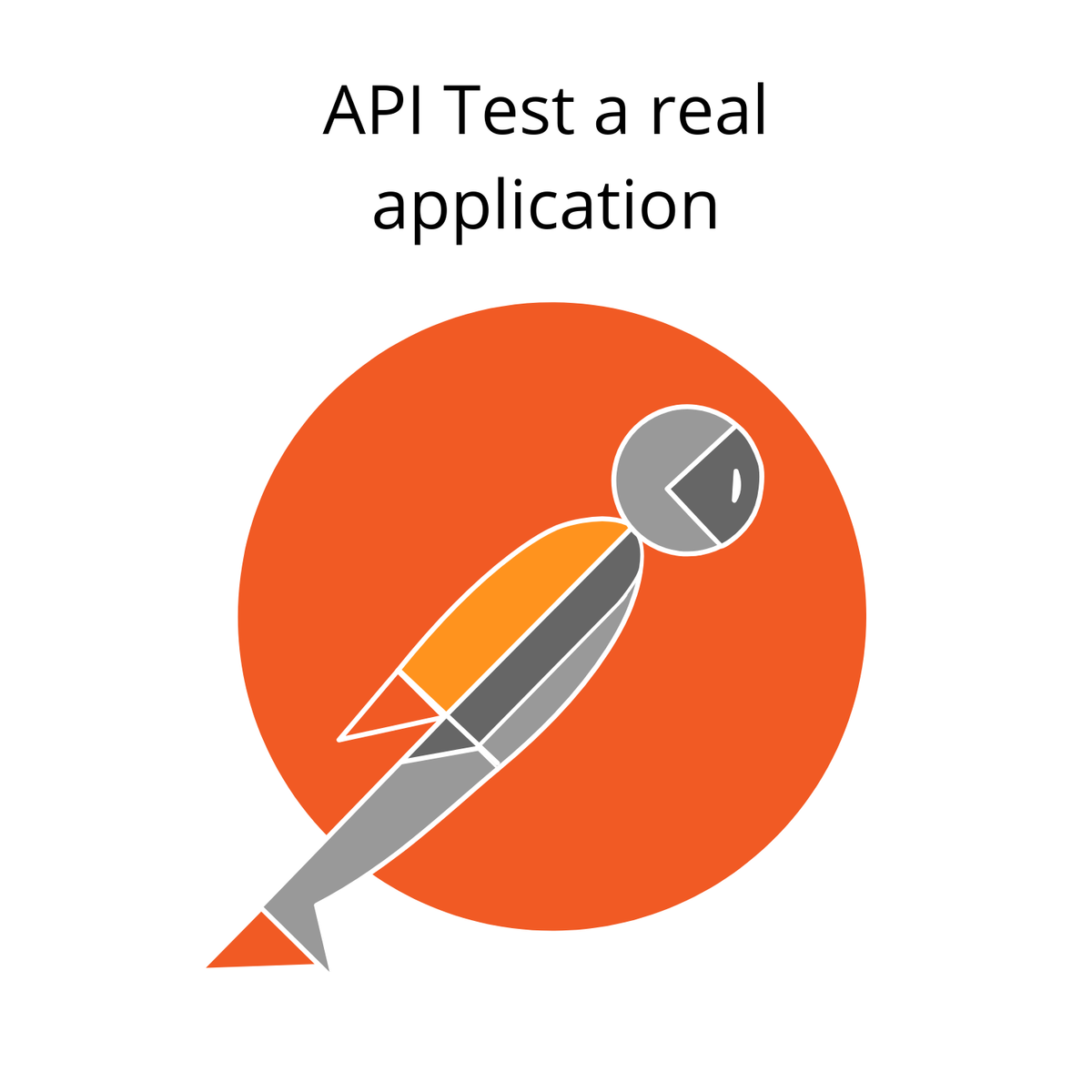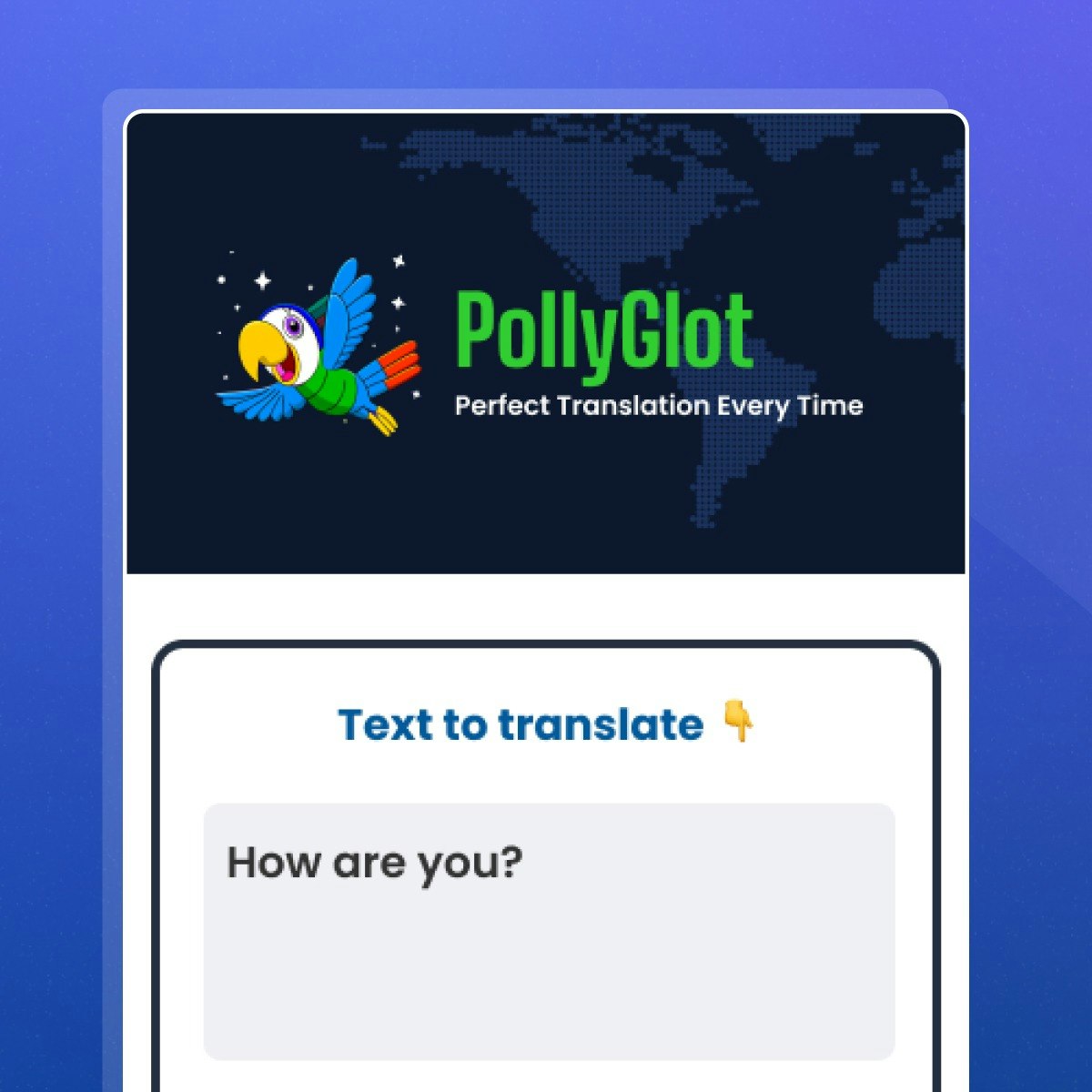API Developer
API Developer: Building the Bridges of the Digital World
In today's interconnected digital landscape, software applications rarely exist in isolation. They constantly communicate, share data, and trigger actions in one another. The invisible pathways facilitating this communication are Application Programming Interfaces, or APIs. An API Developer is a specialized software engineer focused on designing, building, testing, and maintaining these crucial interfaces.
Working as an API Developer means you are essentially building the doorways and communication protocols that allow different software systems to talk to each other effectively and securely. It’s a role that blends technical expertise with a deep understanding of system architecture and user needs. You'll find yourself at the heart of modern software development, enabling everything from mobile apps fetching weather data to complex financial systems processing transactions across multiple platforms.
What is an API? An Analogy
Imagine you're dining at a restaurant. You (the user or client application) want food from the kitchen (the server or backend system where data and functionality reside). You don't go into the kitchen yourself; instead, you interact with a waiter (the API).
The waiter presents you with a menu (the API documentation) detailing what dishes (data or functions) are available and how to order them (the specific request format). You place your order (make an API request), the waiter relays it to the kitchen, the kitchen prepares the dish (processes the request), and the waiter brings it back to your table (returns the API response). The API acts as this intermediary, defining the rules and methods for interaction without exposing the kitchen's inner workings.
Understanding the Role of an API Developer
API Developers are the architects and builders of these digital communication channels. They ensure that data and functionality can be accessed reliably, efficiently, and securely by authorized applications or users. This involves much more than just writing code; it requires careful planning, design, and consideration of how the API will be used now and in the future.
Defining APIs and Their Purpose
At its core, an API is a set of definitions, protocols, and tools for building software applications. It specifies how software components should interact. Good APIs make it easier to develop a program by providing building blocks, which developers then put together.
APIs enable modularity and interoperability. Instead of building monolithic applications that do everything, developers can create smaller, specialized services that communicate via APIs. This allows for greater flexibility, faster development cycles, and easier integration with third-party services.
Consider a travel booking website. It likely uses APIs to connect to airline systems for flight information, hotel systems for room availability, and payment gateways for processing transactions. The API Developer ensures these disparate systems can communicate seamlessly to provide a unified user experience.
Primary Responsibilities
An API Developer's day often involves designing the structure of an API, writing the code that implements its logic, creating comprehensive documentation so others know how to use it, and rigorously testing it for bugs and security vulnerabilities. They also manage the API's lifecycle, including versioning and deprecation.
Collaboration is key. API Developers work closely with frontend developers who consume the APIs for web or mobile interfaces, backend engineers managing the underlying systems, and product managers defining the requirements. They must ensure the API meets the needs of its consumers while adhering to performance and security standards.
Security is paramount. Since APIs often expose sensitive data or critical functionality, developers must implement robust authentication and authorization mechanisms, protect against common web vulnerabilities, and monitor for suspicious activity.
Key Industries and Impact
API development is vital across numerous sectors. In Financial Technology (Fintech), APIs power mobile banking apps, payment processing, and connections to third-party financial services through initiatives like Open Banking.
Healthcare relies on APIs for secure data exchange between electronic health records (EHRs), patient portals, and medical devices, adhering to strict privacy regulations like HIPAA. Software as a Service (SaaS) companies heavily depend on APIs to allow integration with other platforms, extending their product's reach and functionality.
E-commerce platforms use APIs for inventory management, order processing, and integrating with shipping providers. The Internet of Things (IoT) uses APIs to connect devices, collect data, and enable remote control. Essentially, any industry undergoing digital transformation relies heavily on skilled API Developers.
Core Responsibilities of an API Developer
The day-to-day tasks of an API Developer are diverse, blending design, coding, testing, and collaboration. Understanding these responsibilities provides a clearer picture of what the role entails and the skills required to succeed.
Designing and Developing APIs
A primary task is designing the API itself. This involves defining endpoints (the specific URLs applications will interact with), request/response formats (often JSON), and the methods (like GET, POST, PUT, DELETE) used for different operations. Developers often follow established architectural styles.
REST (Representational State Transfer) is the most common style, using standard HTTP methods and focusing on resources. GraphQL allows clients to request exactly the data they need, reducing over-fetching. gRPC is a high-performance framework often used for internal microservice communication.
Choosing the right style and designing a clean, intuitive API structure requires careful consideration of use cases, performance needs, and developer experience for those who will consume the API.
These courses provide foundational knowledge and practical skills in designing and building APIs using various popular frameworks and styles.
For a deeper dive into API design principles and best practices, these books offer valuable insights.
Implementing Security Measures
Securing APIs is non-negotiable. Developers must implement mechanisms to verify the identity of clients (authentication) and ensure they have permission to access specific resources or perform actions (authorization). Common methods include API keys, OAuth 2.0 tokens, and JWT (JSON Web Tokens).
Beyond authentication, API security involves rate limiting (preventing abuse), input validation (guarding against malicious data), encrypting data in transit (using HTTPS/TLS), and protecting against common threats like injection attacks and Cross-Site Scripting (XSS), although the latter is often more relevant to the consuming frontend.
Staying updated on emerging security threats and best practices is crucial for protecting the integrity and confidentiality of the systems the API exposes.
These resources delve into the critical aspects of securing your APIs and web applications.
Managing Versions and Compatibility
As applications evolve, APIs often need to change. However, breaking changes can disrupt applications that rely on the existing API version. API Developers must manage versioning carefully, often supporting multiple versions simultaneously.
Strategies include URI versioning (e.g., `/v1/users`, `/v2/users`), using custom request headers, or content negotiation. The goal is to allow the API to evolve without breaking existing integrations, providing consumers with a clear path to migrate to newer versions.
Maintaining backward compatibility requires careful planning during design and disciplined implementation during updates. Clear documentation and communication about changes and deprecation schedules are essential.
Collaboration and Documentation
APIs are built to be used by others. Therefore, clear, comprehensive documentation is as important as the code itself. Developers use standards like OpenAPI (formerly Swagger) to describe API endpoints, parameters, responses, and authentication methods in a machine-readable format.
This documentation serves as a contract and guide for frontend, mobile, or other backend teams consuming the API. API Developers spend significant time creating and maintaining this documentation, often using tools that generate interactive docs from the code or OpenAPI specifications.
Effective communication and collaboration skills are vital. API developers must understand the needs of consuming teams, provide support, gather feedback, and coordinate releases to ensure smooth integration.
Essential Technical Skills for API Developers
Becoming a proficient API Developer requires a solid foundation in software engineering principles and specific expertise in technologies commonly used in API creation and management. Building these skills is an ongoing process involving learning, practice, and staying current with industry trends.
Programming Languages and Frameworks
Proficiency in at least one backend programming language is fundamental. Popular choices include:
- Python: Known for its readability and extensive libraries/frameworks like Flask, Django, and FastAPI.
- JavaScript (Node.js): Allows using JavaScript on the backend, popular frameworks include Express.js and NestJS.
- Java: A mainstay in enterprise environments, with robust frameworks like Spring Boot and Quarkus.
- C# (.NET): Widely used in Windows environments and increasingly cross-platform with ASP.NET Core.
- Go (Golang): Known for its performance and concurrency features, gaining traction for microservices.
- Ruby: Powers the popular Ruby on Rails framework.
- PHP: A long-standing web development language with frameworks like Laravel and Symfony.
Understanding the strengths and weaknesses of different languages and their associated API frameworks helps in choosing the right tools for the job.
Explore these courses to build proficiency in popular languages and frameworks used for API development.
API Documentation Standards
As mentioned, documentation is critical. Familiarity with standards like OpenAPI Specification (OAS), often associated with the Swagger toolset, is essential. OAS allows developers to define the structure of RESTful APIs in a standardized, language-agnostic way.
This definition can then be used to automatically generate documentation, client SDKs, and server stubs, significantly improving developer experience and consistency. Understanding how to write clear and accurate OpenAPI definitions is a key skill.
For asynchronous APIs, common in event-driven architectures, the AsyncAPI specification is gaining prominence, serving a similar purpose to OpenAPI but tailored for message-based communication.
Testing Methodologies
Ensuring an API works correctly, performs well, and is secure requires rigorous testing. API Developers need proficiency in various testing types:
- Unit Testing: Testing individual functions or components in isolation.
- Integration Testing: Testing the interaction between different components, including database connections or calls to other services.
- End-to-End (E2E) Testing: Testing the complete workflow from the API endpoint down through the underlying systems.
- Load Testing: Assessing how the API performs under high traffic volumes to identify bottlenecks.
- Security Testing: Actively probing for vulnerabilities.
Familiarity with testing frameworks (like Pytest for Python, JUnit for Java, Jest for Node.js) and tools specifically for API testing (like Postman, Insomnia, or programmatic libraries like REST Assured for Java or Karate) is crucial.
These courses cover essential API testing techniques and tools like Postman and Karate.
Cloud Platforms and Services
Modern APIs are frequently deployed on cloud platforms like Amazon Web Services (AWS), Microsoft Azure, and Google Cloud Platform (GCP). Understanding core cloud concepts is vital.
API Developers should be familiar with relevant cloud services, such as:
- API Gateways: Services like AWS API Gateway, Azure API Management, or Google Cloud API Gateway that act as a front door for APIs, handling tasks like routing, authentication, rate limiting, and monitoring.
- Serverless Functions: Platforms like AWS Lambda, Azure Functions, or Google Cloud Functions allow running backend code without managing servers, often used for building API endpoints.
- Containerization: Technologies like Docker and orchestration platforms like Kubernetes are commonly used to package and deploy API services.
- Databases: Understanding both SQL (e.g., PostgreSQL, MySQL) and NoSQL (e.g., MongoDB, DynamoDB) databases used to store and retrieve data for the API.
Experience deploying, managing, and monitoring APIs in a cloud environment is increasingly expected.
Gain hands-on experience with API development and management on major cloud platforms with these courses.
API Developer Career Progression
A career in API development offers various growth paths, from deepening technical expertise to moving into leadership or related technical roles. Understanding these potential trajectories can help you plan your career development.
From Junior to Senior Roles
Most individuals start as Junior Software Engineers or Junior API Developers, often working under the guidance of senior team members. Responsibilities typically involve implementing specific API endpoints, writing unit tests, fixing bugs, and contributing to documentation based on designs provided by senior engineers.
As developers gain experience, they progress to mid-level (Software Engineer, API Developer) and then Senior API Developer roles. Senior developers take on more complex tasks, lead the design of APIs and features, mentor junior engineers, establish best practices, and make architectural decisions. They possess a deep understanding of API design patterns, security considerations, and performance optimization.
Specialization and Architecture Roles
Experienced API Developers may specialize further. An API Architect focuses on the high-level design of API strategies across an organization, defining standards, choosing technologies, and ensuring consistency and scalability across multiple API products. They often bridge the gap between technical teams and business strategy.
Others might specialize in specific areas like API security, performance optimization, or a particular technology stack (e.g., becoming a go-to expert for GraphQL APIs within the company). This deep technical expertise is highly valued.
These books offer insights into software architecture, a common progression path for experienced developers.
Leadership and Management Paths
Strong technical and communication skills can lead to leadership roles. An API Product Manager focuses on the 'what' and 'why' of an API, defining its features, roadmap, and target audience from a business perspective, working closely with developers on the 'how'. This role requires a blend of technical understanding and market awareness.
Experienced developers may also move into technical lead or engineering manager roles, overseeing teams of API developers, guiding projects, and managing personnel.
Alternative Trajectories
The skills gained as an API Developer open doors to related technical fields. Some transition into Developer Relations (DevRel) or Developer Advocacy, focusing on engaging the developer community, creating tutorials, and promoting the company's APIs.
Others might move into Platform Engineering, building the internal tools and infrastructure that other development teams (including API developers) use to build, deploy, and manage their services efficiently.
A strong understanding of backend systems and integrations can also be a foundation for roles in DevOps or Site Reliability Engineering (SRE), focusing on automation, deployment pipelines, and system reliability.
Formal Education Pathways
While practical skills and experience are paramount in software development, a formal education can provide a strong theoretical foundation and structured learning environment for aspiring API Developers.
Relevant Degree Programs
A bachelor's degree in Computer Science is the most common educational background for software engineers, including API developers. These programs cover fundamental concepts like data structures, algorithms, operating systems, database systems, and software engineering principles – all relevant to API development.
Degrees in Software Engineering offer a more applied focus on the design, development, testing, and maintenance of software systems. Other related fields like Computer Engineering or Information Technology can also provide relevant skills, especially if combined with coursework or projects focused on web development, distributed systems, or databases.
You can explore relevant programs and topics within the Computer Science and Engineering categories on OpenCourser.
Key Coursework and Concepts
Within a degree program, certain courses are particularly beneficial for future API developers. Look for courses covering:
- Data Structures and Algorithms: Essential for writing efficient code.
- Database Design and Management: Crucial as APIs often interact heavily with databases (SQL and NoSQL).
- Distributed Systems: Provides understanding of how systems communicate over networks, fundamental to APIs and microservices.
- Network Programming/Computer Networks: Covers protocols like HTTP, TCP/IP which underpin web APIs.
- Software Engineering: Teaches principles of design, testing, version control, and project management.
- Operating Systems: Provides foundational knowledge about how software interacts with hardware and system resources.
- Web Development/Programming: Introduces languages, frameworks, and concepts specific to building web applications and services.
University Research and Projects
Universities often provide opportunities to delve deeper through research projects or advanced coursework. Areas like API security, performance optimization of distributed systems, novel API design paradigms (like GraphQL or gRPC evolutions), or formal methods for API verification can be explored.
Participating in research or undertaking significant software development projects as part of your studies can provide valuable practical experience and make your resume stand out to potential employers.
Industry Certifications
While less common as a strict requirement compared to fields like IT networking or cybersecurity, certifications can demonstrate specific knowledge. Cloud platform certifications (like AWS Certified Developer - Associate, Azure Developer Associate, or Google Cloud Professional Cloud Architect) are highly relevant as they validate skills in deploying and managing applications, including APIs, on major cloud providers.
Some vendors offer specific certifications related to their API management platforms (like Apigee). Language-specific certifications also exist but are generally less emphasized than practical experience and project portfolios.
Self-Directed Learning Strategies
Formal education isn't the only path to becoming an API Developer. Many successful professionals are self-taught or transitioned from other fields using online resources, personal projects, and community involvement. This requires discipline and proactivity but offers flexibility and cost-effectiveness.
If you're embarking on a career change or learning independently, remember that the journey requires persistence. Set realistic goals, celebrate small victories, and don't be discouraged by challenges. The tech community often values demonstrable skills and projects as much as, if not more than, traditional credentials.
Leveraging Online Courses and Platforms
Online learning platforms offer a wealth of courses specifically focused on API development, programming languages, frameworks, databases, cloud platforms, and testing methodologies. These range from introductory tutorials to advanced, specialized topics.
Platforms like OpenCourser allow you to browse and compare thousands of courses from various providers, read reviews, and find resources tailored to your specific learning goals and budget. You can structure your learning by combining courses on foundational programming, specific API frameworks (like Node.js/Express or Python/FastAPI), database management, and cloud deployment.
These courses are excellent starting points for learning API development fundamentals and popular technologies.
OpenCourser's Learner's Guide provides valuable tips on creating a structured curriculum, staying motivated during self-study, and effectively using online courses for career development.
Building Personal API Projects
Theoretical knowledge needs practical application. Building your own API projects is arguably the most effective way to learn and solidify skills. Start small – perhaps an API that serves data for a simple personal website or manages a to-do list.
Gradually increase complexity. Try integrating with third-party APIs (like a weather API or a Twitter API), implementing user authentication, connecting to a database, and deploying your project to a cloud platform (many offer free tiers for small projects).
Document your projects on platforms like GitHub. A portfolio of well-documented, functional API projects is compelling evidence of your skills for potential employers.
These project-based courses can provide structured guidance for building your portfolio.
Contributing to Open-Source Projects
Contributing to open-source projects related to APIs, web frameworks, or development tools is another excellent way to learn, collaborate, and gain visibility. Start by fixing small bugs, improving documentation, or adding tests.
This provides exposure to real-world codebases, collaborative workflows using tools like Git, and interaction with experienced developers. It demonstrates initiative and passion for the field.
Many popular API frameworks (like FastAPI, Express) and tools (like Postman, Swagger tools) have active open-source communities you can explore.
Studying Design Patterns and Best Practices
Beyond coding, understanding API design patterns and architectural best practices is crucial for building robust and maintainable APIs. Study concepts like RESTful principles, idempotency, error handling strategies, pagination, filtering, and security best practices.
Read books, articles, and blogs from experienced API developers and architects. Follow discussions in online communities and forums. Understanding the "why" behind design choices is as important as knowing "how" to implement them.
These books delve into essential patterns and practices for building scalable and maintainable systems.
Participating in Hackathons and Communities
Hackathons provide intense, collaborative environments to build projects quickly, often centered around specific themes or APIs. They are great for learning new technologies under pressure and networking with peers.
Engaging with online developer communities (like Stack Overflow, Reddit forums, Discord servers) allows you to ask questions, help others, and stay updated on trends and challenges in API development.
API Developer Industry Trends
The field of API development is dynamic, influenced by broader trends in software engineering, cloud computing, and business strategy. Staying aware of these trends is important for career growth and relevance.
The Rise of the API Economy
Businesses increasingly recognize APIs not just as technical interfaces but as products themselves. The "API Economy" refers to the way organizations use APIs to unlock new business models, create ecosystems, and drive innovation by exposing their data and services to partners and third-party developers.
This trend elevates the strategic importance of API Developers and API Product Managers. Companies are investing heavily in building robust, well-documented, and developer-friendly APIs as core business assets. This drives demand for skilled professionals who understand both the technical and business aspects of API strategy.
Standardization and Tooling
Standards like OpenAPI and AsyncAPI are maturing, leading to better tooling for documentation generation, testing, code generation, and API discovery. This improves developer productivity and consistency across the industry.
API management platforms (like Apigee, AWS API Gateway, Azure API Management, Mulesoft) are becoming more sophisticated, offering comprehensive features for security, traffic management, analytics, and developer portals. Familiarity with these platforms is increasingly valuable.
Microservices and Security Challenges
The shift towards microservices architectures means applications are composed of many small, independent services communicating via APIs. While offering benefits like scalability and independent deployment, this also increases the complexity of managing and securing inter-service communication.
API security becomes more critical and complex in a microservices world, requiring robust authentication/authorization between services (often using patterns like service mesh), careful network policy configuration, and distributed tracing for monitoring and debugging. According to recent industry analysis, securing the expanding attack surface created by numerous APIs is a top concern for organizations. You can find more insights on this challenge in reports from consulting firms like McKinsey Digital.
Impact of AI and Automation
Artificial Intelligence (AI) and Machine Learning (ML) are beginning to impact API development. AI tools can assist in generating API documentation, suggesting code completions, identifying potential security vulnerabilities, and even automating some aspects of API testing.
While AI is unlikely to replace API developers entirely, it will likely change workflows, requiring developers to leverage AI tools effectively. AI/ML models themselves are also increasingly exposed via APIs, creating new opportunities for developers to build AI-powered applications by integrating with these services.
Challenges in API Development Careers
While rewarding, a career as an API Developer comes with its own set of challenges. Understanding these potential hurdles can help you prepare and navigate them effectively.
Balancing Flexibility and Standardization
API design often involves trade-offs. Should the API be highly flexible to accommodate diverse client needs, or strictly standardized for consistency and ease of maintenance? Finding the right balance is a constant challenge.
Overly rigid APIs might frustrate consumers, while overly flexible ones can become complex and difficult to manage. Effective API developers learn to make pragmatic decisions based on use cases, target audience, and long-term maintainability goals.
Cross-Team Communication Demands
APIs sit at the intersection of multiple teams (frontend, backend, mobile, product, QA). Effective communication and coordination are essential but can be challenging, especially in large organizations or distributed teams.
Misunderstandings about requirements, changes, or timelines can lead to integration issues and delays. Strong interpersonal skills, clear documentation, and proactive communication are crucial for mitigating these challenges.
Managing Technical Debt
Like any software development, API development can accumulate technical debt – suboptimal design choices or shortcuts taken for short-term gains that make future changes more difficult. This can manifest as poorly designed endpoints, inconsistent naming conventions, or inadequate test coverage.
Refactoring APIs to address technical debt while maintaining backward compatibility can be complex and time-consuming. Prioritizing code quality, adhering to design principles, and allocating time for refactoring are important for long-term API health.
Keeping Pace with Innovation
The technology landscape evolves rapidly. New protocols (like newer HTTP versions or QUIC), architectural patterns (like event-driven architectures), security threats, and development tools emerge constantly.
API developers need to commit to continuous learning to stay relevant. This involves reading industry publications, attending conferences or webinars, experimenting with new technologies, and actively participating in the developer community. It's both a challenge and an exciting aspect of the role.
Global API Developer Job Market
The demand for skilled API Developers is generally strong globally, driven by digital transformation initiatives across industries. However, market conditions can vary by region and specific skill set.
Regional Demand and Remote Work
Technology hubs in North America, Europe, and parts of Asia typically show high demand for software engineers, including API specialists. However, the rise of remote work has significantly broadened opportunities.
Many companies now hire API developers remotely, allowing access to a global talent pool and offering flexibility to employees. This trend has somewhat leveled the playing field, although competition for remote roles can be intense. Job boards specializing in remote work and general tech job sites often list numerous API developer positions.
Data from organizations like the U.S. Bureau of Labor Statistics indicates strong overall growth projections for software developers, quality assurance analysts, and testers, which includes roles focused on API development.
Salary Expectations
Salaries for API Developers vary based on location, experience level, company size, industry, and specific technical skills (e.g., expertise in high-demand areas like cloud platforms or specific frameworks).
Generally, API developer salaries are competitive within the broader software engineering market. Entry-level positions offer solid starting salaries, with significant increases possible as developers gain experience and move into senior, architect, or leadership roles. Salary comparison websites and industry reports (like those from Robert Half or regional tech associations) can provide more specific benchmarks for different locations and experience levels.
Visa Sponsorship Trends
For those seeking international opportunities, visa sponsorship can be a factor. Policies vary significantly by country. Some nations have specific programs to attract skilled tech workers, while others have more restrictive immigration policies.
Companies that operate globally or face local talent shortages may be more likely to sponsor visas for highly skilled API developers. Researching target countries' immigration policies and companies known for sponsoring international talent is advisable.
Frequently Asked Questions
Here are answers to some common questions aspiring API Developers might have.
API Developer vs. Backend Engineer: What's the difference?
There's significant overlap, and titles can be used interchangeably. Both roles work on server-side logic. However, an "API Developer" often implies a stronger focus specifically on designing, building, and managing the interfaces (APIs) used for communication, whether internal (microservices) or external (public APIs).
A "Backend Engineer" might have a broader scope, including database management, server infrastructure, and business logic implementation that isn't directly exposed via an API. An API Developer is essentially a specialized Backend Engineer with deep expertise in API design, security, and lifecycle management.
Is API development becoming obsolete with AI advancements?
It's highly unlikely. While AI tools can assist with tasks like documentation generation or code suggestions, the core responsibilities of designing robust, secure, and usable APIs require human expertise, architectural understanding, and strategic thinking. AI itself often relies on APIs for integration.
The role might evolve, with developers leveraging AI tools more heavily, but the fundamental need for well-designed interfaces to connect complex systems remains critical. The demand for engineers who can build and manage these connections is expected to persist.
What are typical entry points for non-traditional candidates?
Many API developers enter the field without a traditional Computer Science degree. Common paths include:
- Coding Bootcamps: Intensive programs focusing on practical web development skills, often including backend and API modules.
- Self-Study: Utilizing online courses, tutorials, and building personal projects to develop necessary skills.
- Transitioning from Related Roles: Individuals in QA, IT support, data analysis, or frontend development might leverage their existing technical skills and learn backend/API concepts to pivot.
Regardless of the path, a strong portfolio showcasing practical API projects is crucial for non-traditional candidates to demonstrate their capabilities to employers.
What are essential portfolio components for job applications?
An effective portfolio should demonstrate practical skills:
- Functional API Projects: At least 1-2 well-documented APIs you've built (e.g., hosted on GitHub).
- Clear Documentation: Include README files explaining the project, setup instructions, and API usage (ideally using OpenAPI/Swagger).
- Code Quality: Well-structured, readable code following language conventions.
- Testing: Include unit and/or integration tests for your API endpoints.
- Technology Variety: Showcase experience with relevant languages, frameworks, databases, and potentially cloud deployment.
- Problem Solving: Briefly describe the problem the API solves and your design choices.
Are there freelance opportunities in API development?
Yes, freelance opportunities exist, particularly for experienced developers. Businesses may need custom APIs built, integrations developed between existing services, or help securing or optimizing their current APIs.
Freelance platforms often list projects related to specific technologies (e.g., "build a REST API with Node.js," "integrate Stripe API"). Success in freelancing requires not only technical skills but also strong communication, project management, and self-marketing abilities.
What are the work-life balance expectations in the field?
Work-life balance varies greatly depending on the company culture, project phase, and specific role. Like many software development roles, there can be periods of high intensity, especially around project deadlines or when dealing with critical production issues.
However, many tech companies offer flexible hours and remote work options, which can contribute positively to work-life balance. Roles in established companies with mature processes might offer more predictability than startups or fast-paced agency environments. It's often a point worth exploring during the interview process.
Becoming an API Developer is a challenging yet rewarding career path at the forefront of modern software development. It requires a blend of technical depth, design thinking, and collaborative skills. Whether you pursue formal education or self-directed learning, building practical skills and a strong portfolio is key. The demand for professionals who can build the bridges connecting our digital world remains strong, offering exciting opportunities for growth and impact.































